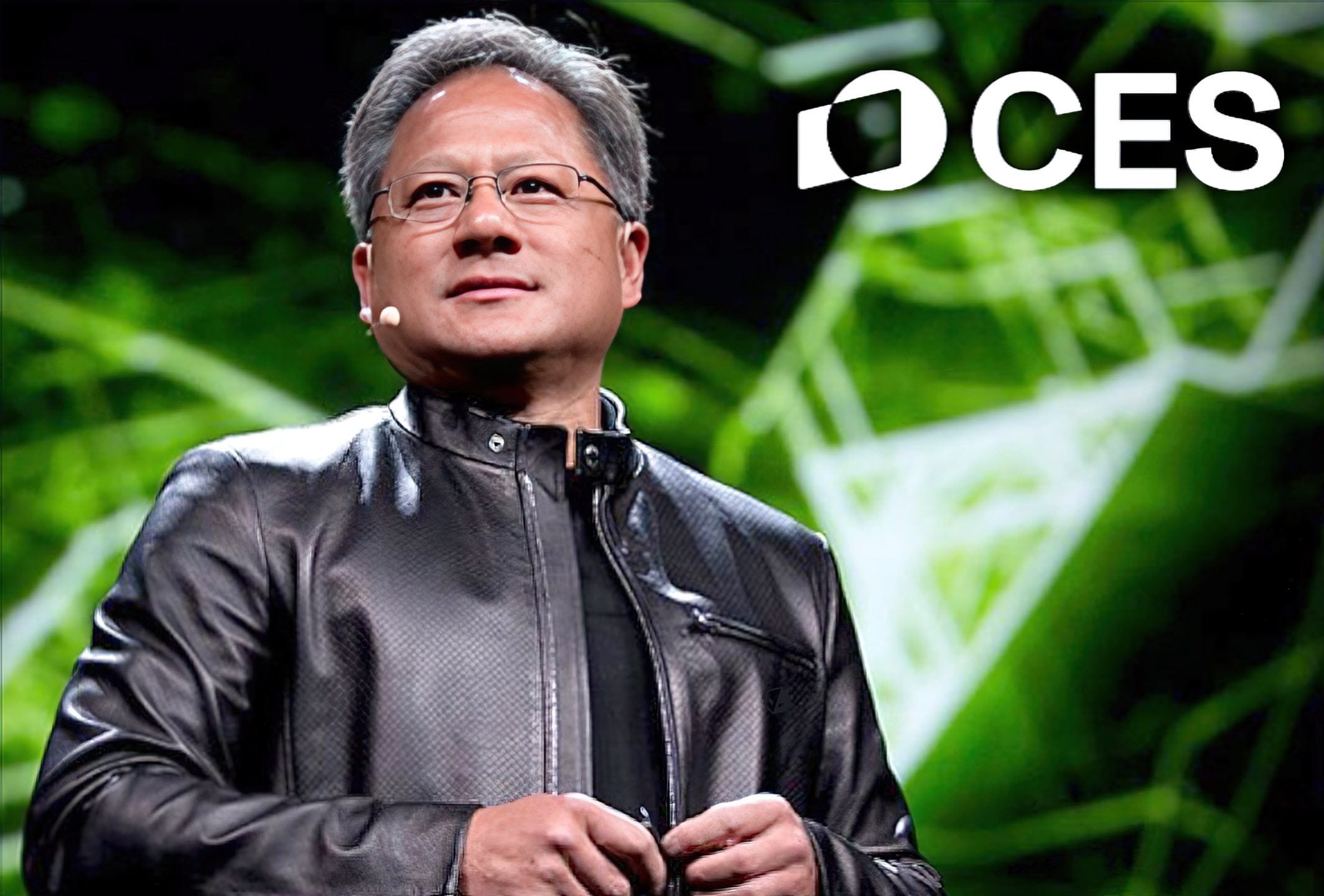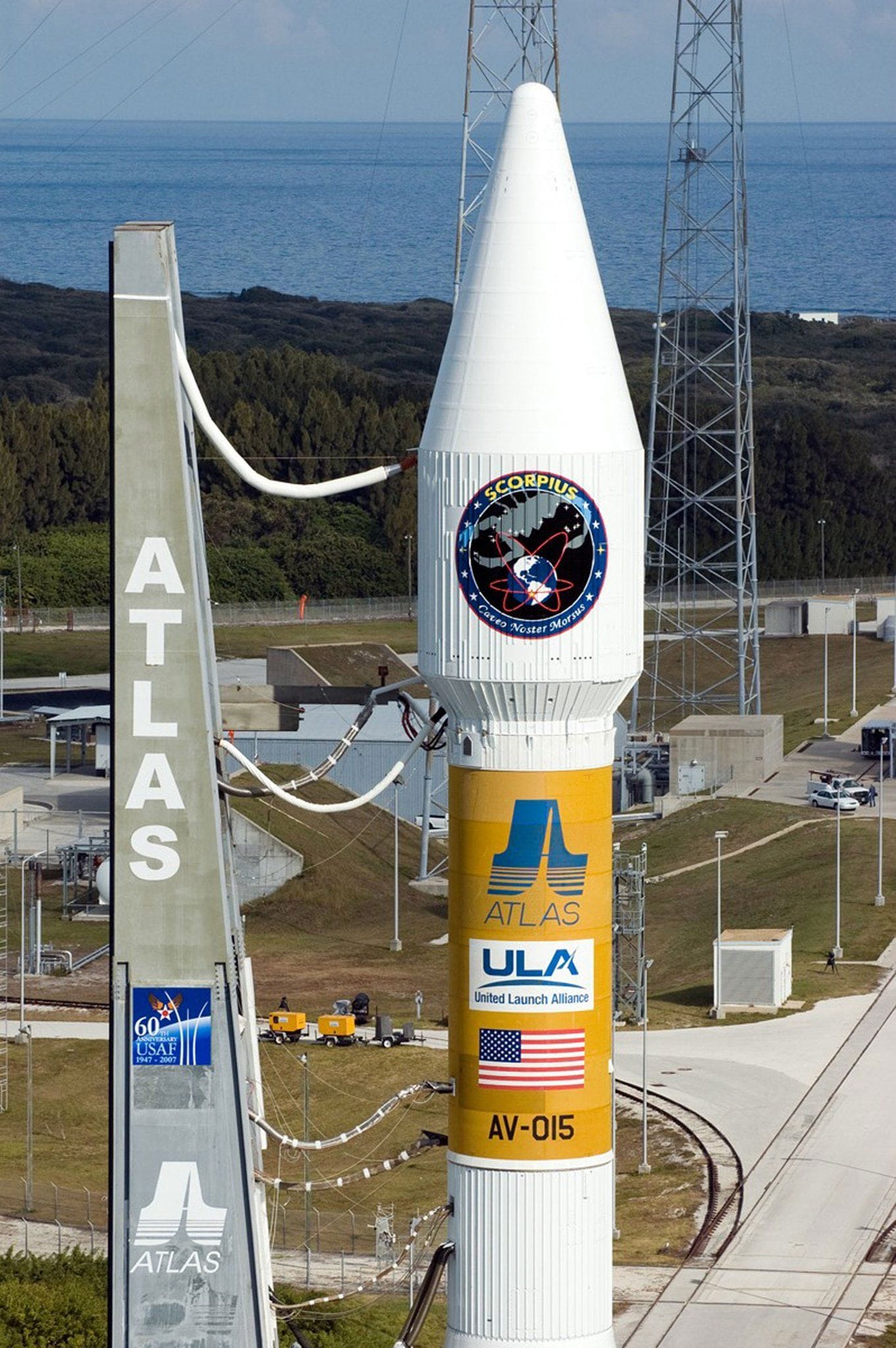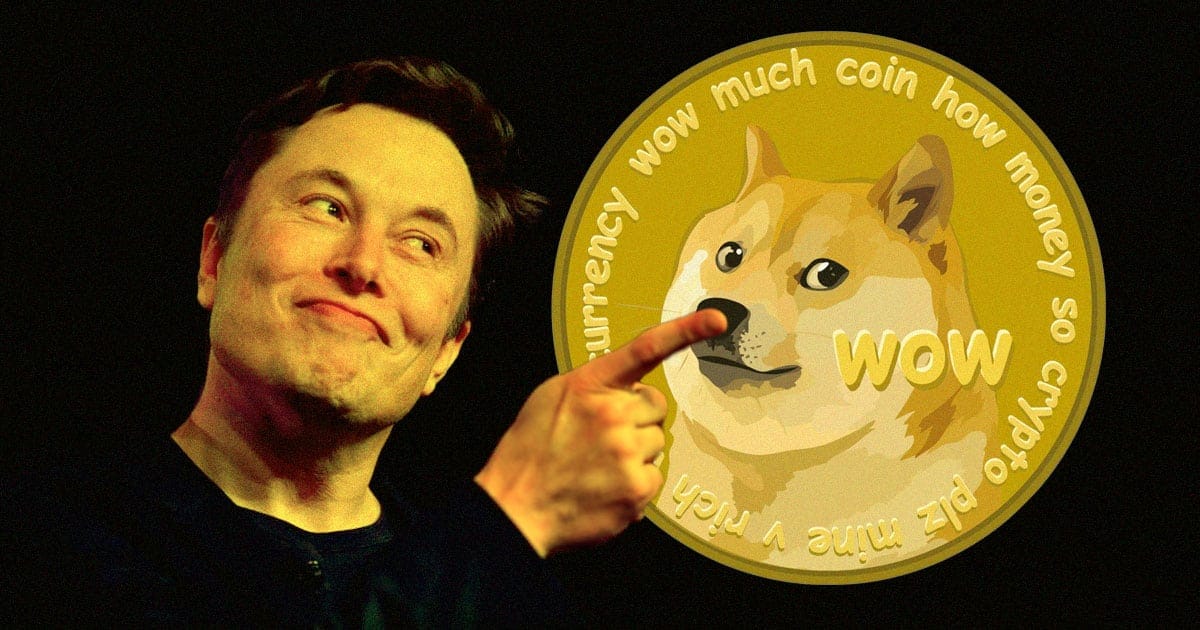The Consumer Electronics Show (CES) 2025, held in Las Vegas, has once again served as a global platform for the latest advancements in technology, with a distinct emphasis on artificial intelligence (AI). This year’s event was marked by the presence of Nvidia CEO Jensen Huang, who took center stage to discuss the profound impact of AI on various industries and the future of technology. As AI continues to evolve, it is reshaping the landscape of consumer electronics and beyond, making its presence felt in nearly every aspect of modern life.
Jensen Huang’s keynote address set the tone for the event, where he articulated the vision of a future powered by AI. He emphasized that AI is no longer a niche technology but a fundamental part of the fabric of various industries. From healthcare to automotive, AI is being integrated into products and services, enhancing efficiency and creating new opportunities for innovation. Huang’s insights underscored the notion that AI is not merely a tool but a catalyst for change, driving advancements that were once thought to be the realm of science fiction.
One of the most notable themes at CES 2025 was the widespread application of AI in healthcare. Companies showcased AI-driven solutions that promise to revolutionize patient care, diagnostics, and treatment plans. For instance, AI algorithms are being used to analyze medical imaging with unprecedented accuracy, assisting radiologists in detecting conditions earlier and more reliably. Huang highlighted how Nvidia’s technology is playing a crucial role in this transformation, providing the computational power needed to process vast amounts of data quickly and effectively.
In addition to healthcare, the automotive industry is experiencing a significant AI-driven transformation. The advent of autonomous vehicles has been a hot topic for several years, and CES 2025 featured numerous innovations in this space. Huang discussed how AI is enabling vehicles to learn from their environments, improving safety and efficiency. He pointed out that AI systems are becoming more adept at decision-making, which is essential for the development of fully autonomous driving technologies. This evolution not only promises to enhance the driving experience but also aims to reduce traffic accidents and congestion.
The entertainment sector also showcased the influence of AI at CES 2025. With the rise of streaming services and content creation platforms, AI is being leveraged to personalize user experiences. Huang noted that AI algorithms can analyze viewer preferences and behaviors, enabling platforms to recommend content tailored to individual tastes. Furthermore, AI is being utilized in the production of films and video games, assisting creators in generating realistic graphics and enhancing storytelling techniques. This intersection of AI and creativity is opening new avenues for artistic expression and audience engagement.
The event also highlighted the importance of ethical considerations in the development and deployment of AI technologies. Huang acknowledged the responsibility that comes with such powerful tools and emphasized the need for transparency, fairness, and accountability in AI systems. As AI becomes more integrated into society, discussions around its ethical implications are becoming increasingly vital. The industry must address concerns related to privacy, bias, and the potential for job displacement, ensuring that the benefits of AI are distributed equitably.
As CES 2025 progressed, various companies unveiled their AI-driven products, showcasing innovations that promise to enhance everyday life. From smart home devices that learn user preferences to AI-powered virtual assistants that streamline daily tasks, the event illustrated how AI is becoming an integral part of consumer technology. Huang’s vision for a future where AI enhances human capabilities resonated throughout the exhibition halls, inspiring both industry leaders and consumers alike.
The impact of AI on the job market was another significant topic of discussion at CES 2025. While some fear that automation may lead to job losses, Huang argued that AI has the potential to create new job opportunities in emerging fields. He pointed out that as routine tasks become automated, there will be a growing demand for skilled professionals who can design, manage, and maintain AI systems. This shift in the job landscape requires a focus on education and training, preparing the workforce for the challenges and opportunities that AI presents.
In conclusion, CES 2025 served as a testament to the pervasive influence of artificial intelligence across various sectors. With Jensen Huang at the forefront, the event highlighted the transformative potential of AI in healthcare, automotive, entertainment, and beyond. As the industry continues to innovate, the ethical considerations surrounding AI will remain a critical focus. The future promises a world where AI is not just an accessory but a fundamental component of everyday life, driving progress and enhancing human capabilities.



